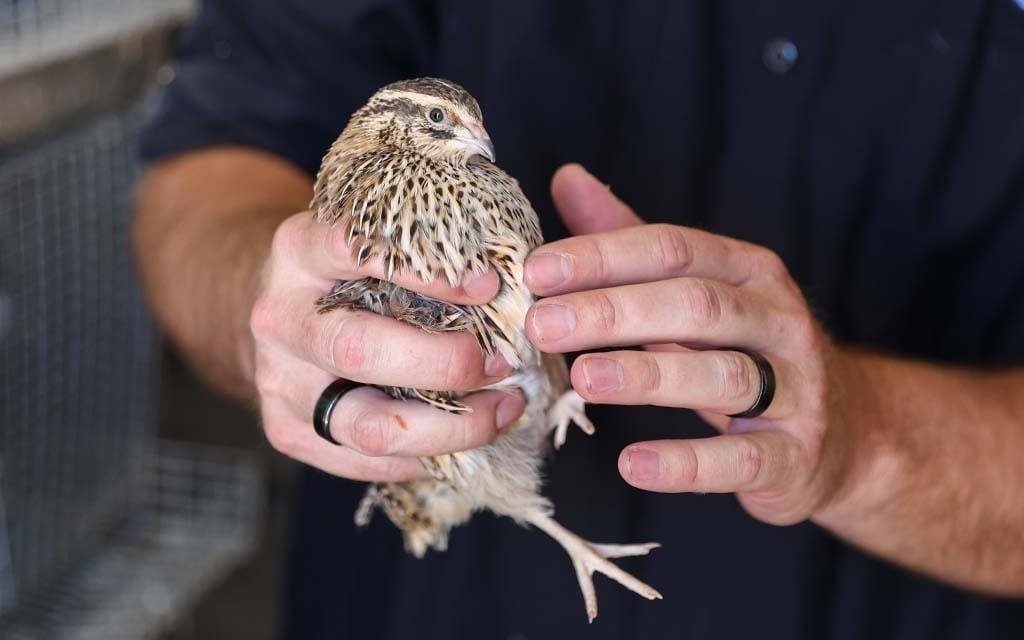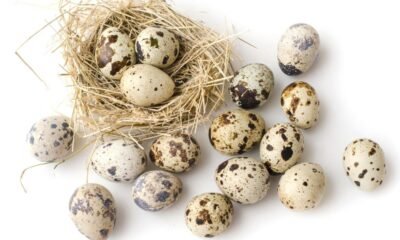Business
Bird Flu Drives Surging Demand for Quail Eggs and New Alternatives

CASA GRANDE – With an alarming spread of bird flu across ten states, leading to over 30 million chickens being euthanized, quail breeders are witnessing a surge in interest for alternative poultry. In Arizona, particularly in Maricopa County, at least four commercial farms have reported outbreaks devastating their chicken populations.
Hickman’s Family Farms, the Southwest’s largest egg producer, disclosed a staggering loss of 6 million hens—95% of its flock. As a result, the company announced significant layoffs and indicated a recovery period of up to two years to restore its chicken stock.
In a unique pivot, Nick Klein, a breeder located just outside Coolidge in Pinal County, turned to raising quail due to restrictions against chickens imposed by his homeowners association. What began as a personal venture has now transformed into a thriving business.
“People are seeking alternatives to the unpredictable grocery supply,” Klein noted, reflecting a notable shift in consumer behavior. His setup features large Coturnix hens and roosters enclosed in specially designed cages. Presently, he manages about 15 birds, significantly fewer than his usual capacity of 50 to 100.
Quail offer distinct advantages over chickens when it comes to egg production. They average 300 eggs per year, starting as early as eight weeks old, while chickens typically begin at seven months. “They’re quite efficient, producing nearly an egg a day,” he added.
Although quail are not entirely immune to avian influenza, the more aggressive strains have predominantly affected chickens. Reports from Spring Creek Quail Farms in Ontario, Canada, highlight growing demand for quail eggs in North America, a trend noted even before the current outbreak.
“There’s been a clear shift towards healthier food options,” said CEO Aaron Oosterhoff. With increasing public interest, Spring Creek is implementing stringent biosecurity measures to safeguard its birds from potential threats.
Nutritionist Lindsay Van Deest from AZ Dietitians points out that while quail and chicken eggs share similar calorie counts, quail eggs contain more cholesterol and B-12 vitamins. Consumers with specific health concerns should weigh these factors carefully.
The market dynamics show a rising preference for vegan alternatives as well. “Vegan products are gaining traction, largely due to effective marketing and promotions,” Van Deest observed. Price comparisons indicate that a dozen quail eggs cost about $5, duck eggs about $9, and chicken eggs approximately $6 in Arizona.
As quail breeders anticipate continued demand growth, Oosterhoff believes the current landscape underscores a broader consumer desire for reliable protein sources. “Pricing issues aside, people are looking for quality and trust in their egg choices,” he concluded.


















